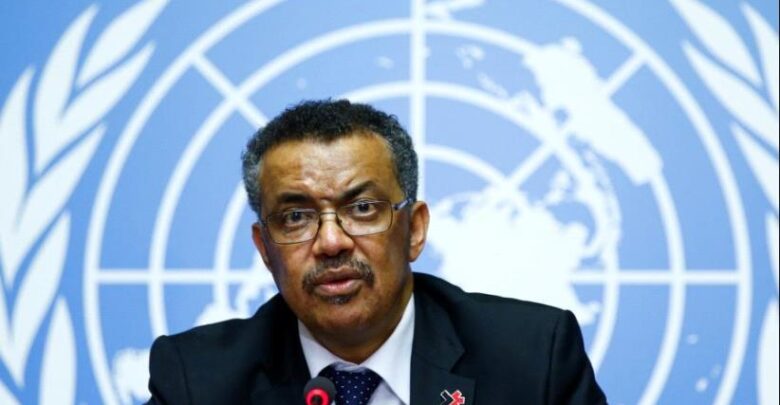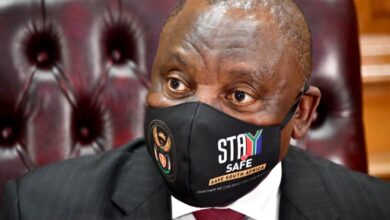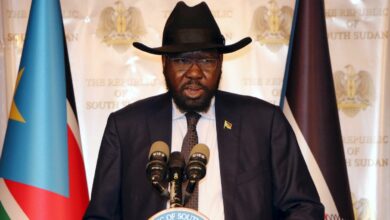
The World Health Organization (WHO) head on Monday ruled out a herd immunity response to the ongoing coronavirus pandemic, reported The BBC. Herd immunity occurs when a major portion of a community becomes immune to a disease through the mass spread of a disease or through vaccinations.
WHO chief Tedros Ghebreyesus rejected claims that coronavirus should be allowed to spread naturally in the absence of a vaccine. He said such an approach was scientifically and ethically problematic.
While addressing a news conference on Monday, Dr. Ghebreyesus said that the long-term impacts of coronavirus, its strength and duration, any immune response remained unknown. He said that herd immunity is achieved by protecting people from a virus, and not by exposing them to it.
“Never in the history of public health has herd immunity been used as a strategy for responding to an outbreak, let alone a pandemic,” the WHO head said.
Dr. Ghebreyesus said that seroprevalence tests suggested that just 10% of people had been exposed to coronavirus in most countries.
“Letting Covid-19 circulate unchecked therefore means allowing unnecessary infections, suffering and death,” he said.
“There are no shortcuts and no silver bullets,” the WHO chief said. “The answer is a comprehensive approach – using every tool in the toolbox.”
He also noted a number of countries had reported record-high Covid-19 daily figures to the U.N. health agency in the last few days, citing spike in Europe and the Americas in particular.
According to Johns Hopkins University, there have been more than 37 million confirmed cases of coronavirus across the globe since the pandemic began. Over one million people are believed to have died due to the virus.
While more than 100 vaccines are being developed around the world to tackle the coronavirus pandemic, with a number in advanced trials, none has yet received international approval.






